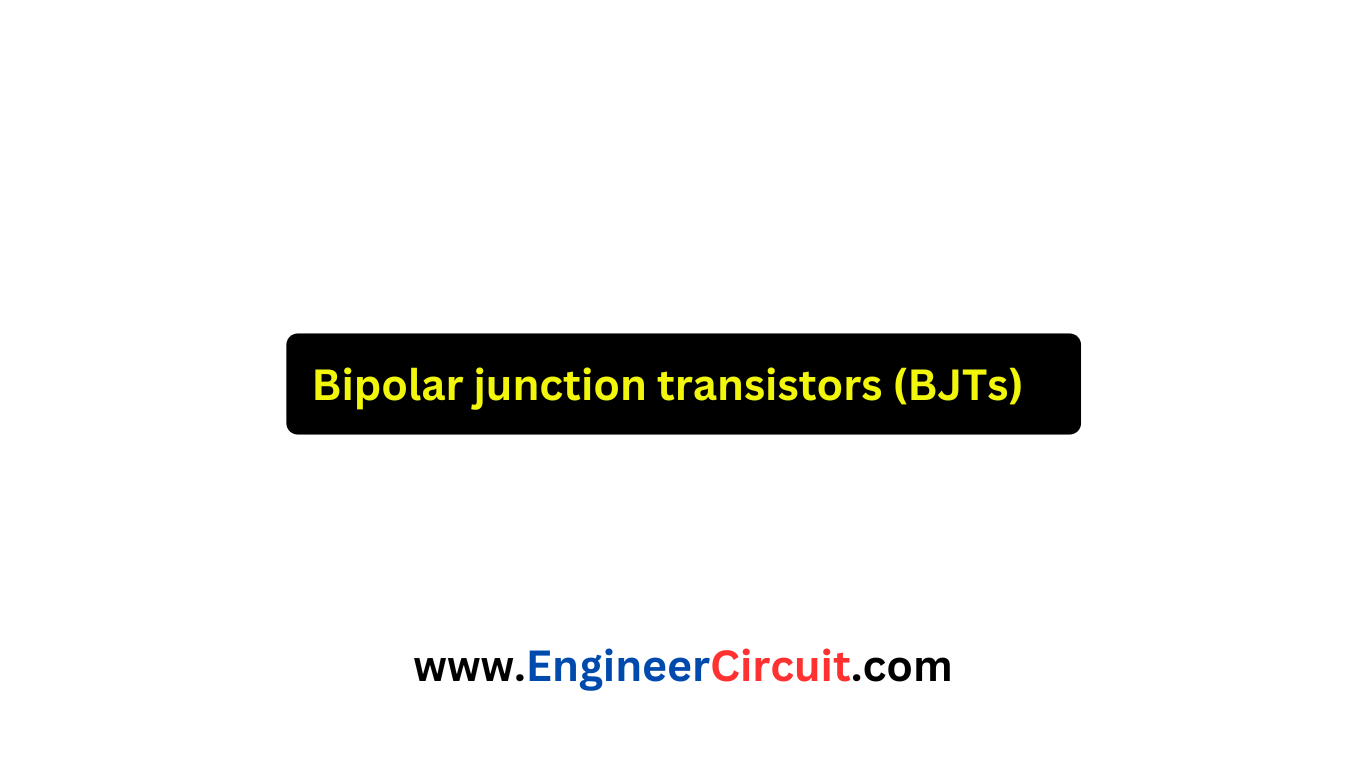Bipolar junction transistors (BJTs)
Electronic devices called bipolar junction transistors (BJTs) are used to switch and amplify electrical signals. They are a kind of transistor that functions by regulating the current flow via a third region called the base that connects two semiconductor regions, referred to as the emitter and the collector.
Read Also: What is Diffusion in a Semiconductor?
NPN (negative-positive-negative) and PNP (positive-negative-positive)
NPN (negative-positive-negative) and PNP (positive-negative-positive) are the two primary varieties of BJTs. The base and collector of an NPN transistor are composed of P-type semiconductor material, whereas the emitter is constructed of N-type semiconductor material. In contrast, the base and collector of a PNP transistor are constructed of N-type material, while the emitter is built of P-type material.
Minority carrier injection and amplification are essential to a BJT’s functioning. An NPN transistor’s base-to-emitter current (or the PNP transistor’s emitter to base current) regulates a considerably greater current that travels from the collector to the emitter (or from the emitter to the collector). BJTs can function as electronic switches or amplify weak signals thanks to this phenomenon.
read also: Physical Design Engineer Interview Questions with Answer
Use of Bipolar junction transistors (BJTs)
BJTs are widely used in many different types of electronic circuits, such as power control circuits, digital logic circuits, radio frequency (RF) circuits, and audio amplifiers. Due to their benefits—which include high gain, low noise, and quick switching—they are necessary parts of numerous electrical gadgets.
BJTs do, however, have certain drawbacks, including high power consumption and temperature sensitivity. Different types of transistors, including field-effect transistors (FETs), may operate better at high frequencies and need less power in high-frequency applications.
All things considered, bipolar junction transistors are essential to contemporary electronics because they make it possible to create small, effective electronic systems for a variety of uses.
